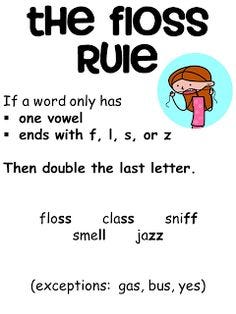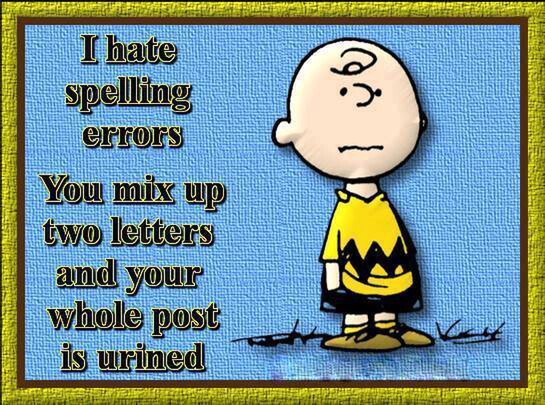Very few teachers/schools can honestly answer we teach spelling. Some may believe they teach spelling but I beg to differ? Why do I go here? Explicit teaching of the code is fundamental for a dyslexic learner. It impacts a students ability to both Decode and Encode and provides a platform with which they do not have to employ a Glance and GUESS method when reading and writing.
All of us can reflect on aspects of our teaching careers with new knowledge in tow and shudder at what once was. Well, I am hoping this is the case. Whilst at the helm myself and passionate about raising achievement in this area, I lead the charge in spelling with the introduction of Lists A-Z. I was on the right track with a progression but oh how little I really knew about the teaching of spelling and acquisition of language! Some years later I cringe at what we did. We did not TEACH spelling we simply gave words. No spelling rules taught, no explicit teaching of phonological awareness, syllable types and vowels. However, as the saying goes you live and learn but most importantly you change what you are doing to reflect your new knowledge and align your practice with research.
So what does teaching spelling look like? In considering this, I will speak to the PROBLEMS we witness on a weekly basis:
- Assessment in spelling is often word related / List related as opposed to a pseudoword analysis and then students being grouped and taught formatively.
- We take a whole class approach to word-work.
- Many schools have an inconsistent approach with different word lists used throughout the school.
- We lack understanding that spelling is the platform for both cracking the code (decoding), expressing their thoughts and ideas (encoding) and interpreting the code (comprehension).
- We have limited understanding of how the brain acquires language.
- Words which follow phonology are not separated from words which don’t.
- We keep students on the same list for weeks on end due to them not making consistent progress on these. All too often we hear “he had it on Tuesday but when tested on Friday he got it wrong.” I encourage you to consider here — perhaps the problem lies in the students’ ability to rote learn this word in isolation and the teaching approach or the lack of.
- Some of us introduce spelling rules, however, there is no synthetic progression here — they do not always build on from what was previously taught.And yet we do not capitalise on phonics as a teaching strategy. In most classrooms, students are given a list of words to learn on Monday and tested on Friday. Yes, many students will learn how to spell by this rote method but many will not.
Professor Tom Nicholson in a recent newspaper article stated

“Phonics teaching does help tremendously with spelling because it teaches students rules. Phonics may not give complete accuracy but it usually puts you 90 percent there in terms of accuracy; the last 10 percent will come with lots of reading and writing practice.
I’m not saying that phonics is the whole answer but it is a fantastic foundation that children can build on to become great readers and spellers.”
So do you Give Words or TEACH spelling?
Carla McNeil
Carla is the Founder and Director of Learning MATTERS Ltd. Carla has been a successful school Principal, Mathematics Advisor and Classroom teacher.








